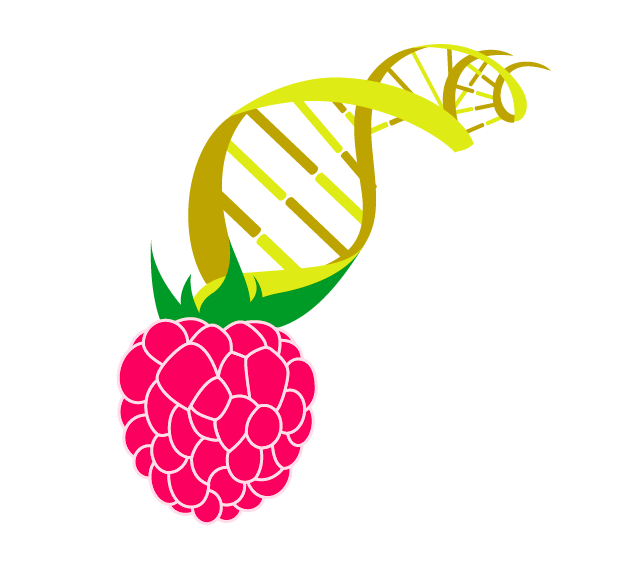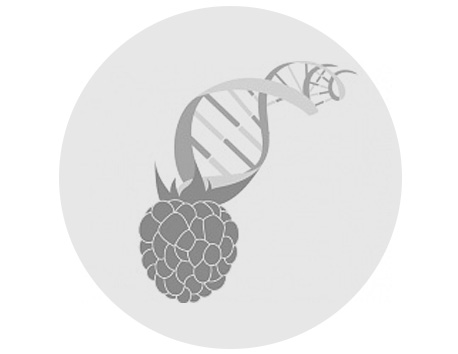 BACH-BERRY is a 3 year project funded by the EC-FP7 on “BACterial Hosts for production of Bioactive phenolics from bERRY fruits”.
BACH-BERRY is a 3 year project funded by the EC-FP7 on “BACterial Hosts for production of Bioactive phenolics from bERRY fruits”.
Summary: Plants synthesize a staggering variety of secondary metabolites, and this chemodiversity is a poorly used pool of natural molecules with bioactive properties of importance for applications in the pharma and food industries. BacHBerry focusses on phenolic compounds, a large and diverse class of plant metabolites, which are currently in the spotlight due to their claimed beneficial effects in prevention and treatment of chronic diseases, but that also have applications as cosmetics, flavours and food colorants etc. Berries are soft and colourful fruits, with great diversity, high content and unique profiles in phenolic compounds, making them a major source of these high-value metabolites. The BacHBerry project aims to develop a portfolio of sustainable methodologies to mine the potential of the untapped biodiversity of the bioactive phenolic compounds in an extensive collection of berry species. Full exploitation of this unrivalled natural resource requires an integrated and comprehensive effort from bioprospecting in berries using SMART high-throughput screens for the valorisation of phenolic bioactivities aligned with their identification using cutting edge analytics and subsequent elucidation of their biosynthetic pathways. This knowledge will facilitate metabolic engineering of suitable bacterial hosts for high-value phenolics production in scalable fermentation bioprocesses, ultimately serving as commercial production platforms. The consortium comprises a full chain of research and innovation, with 12 research groups, 5 SMEs and a large enterprise, representing 10 countries including partners from ICPC countries Russia, Chile and China, with the capacity to exploit novel bioactivities from berry fruits diversity. BacHBerry develops a pipeline of sustainable and cost-effective processes to facilitate production of added-value berry phenolics with immediate potential for commercialization and consequent socio-economic benefits for the European community and beyond.
Project partner:
- Danmarks Tekniske Universitet (Denmark) – coordinator
- Instituto De Biologia Experimental E Tecnologica (Portugal)
- The James Hutton Institute (United Kingdom)
- John Innes Centre (United Kingdom)
- Kobenhavns Universitet (Denmark)
- Rijksuniversiteit Groningen (Netherlands)
- Forschungszentrum Juelich (Germany)
- Technische Universiteit Delft (Netherlands)
- Instituto De Engenharia Mecanica (Portugal)
- Institut National De Recherche En Informatique Et En Automatique (France)
- Biofaction Kg (Austria)
- Evolva Biotech A/S (Denmark)
- Chr. Hansen A/S (Denmark)
- Biotempo – Consultoria Em Biotecnologia (Portugal)
- Pontificia Universidad Catolica De Chile (Chile)
- Institute Of Botany, Chinese Academy Of Sciences (China)
- Russian State Scientific Institution N.I. Vavilov All-Russian Research Institute Of Russian Academy Of Agricultural Sciences (Russian Federation)
- Norfolk Plant Sciences Limited (United Kingdom)
See: www.bachberry.eu
